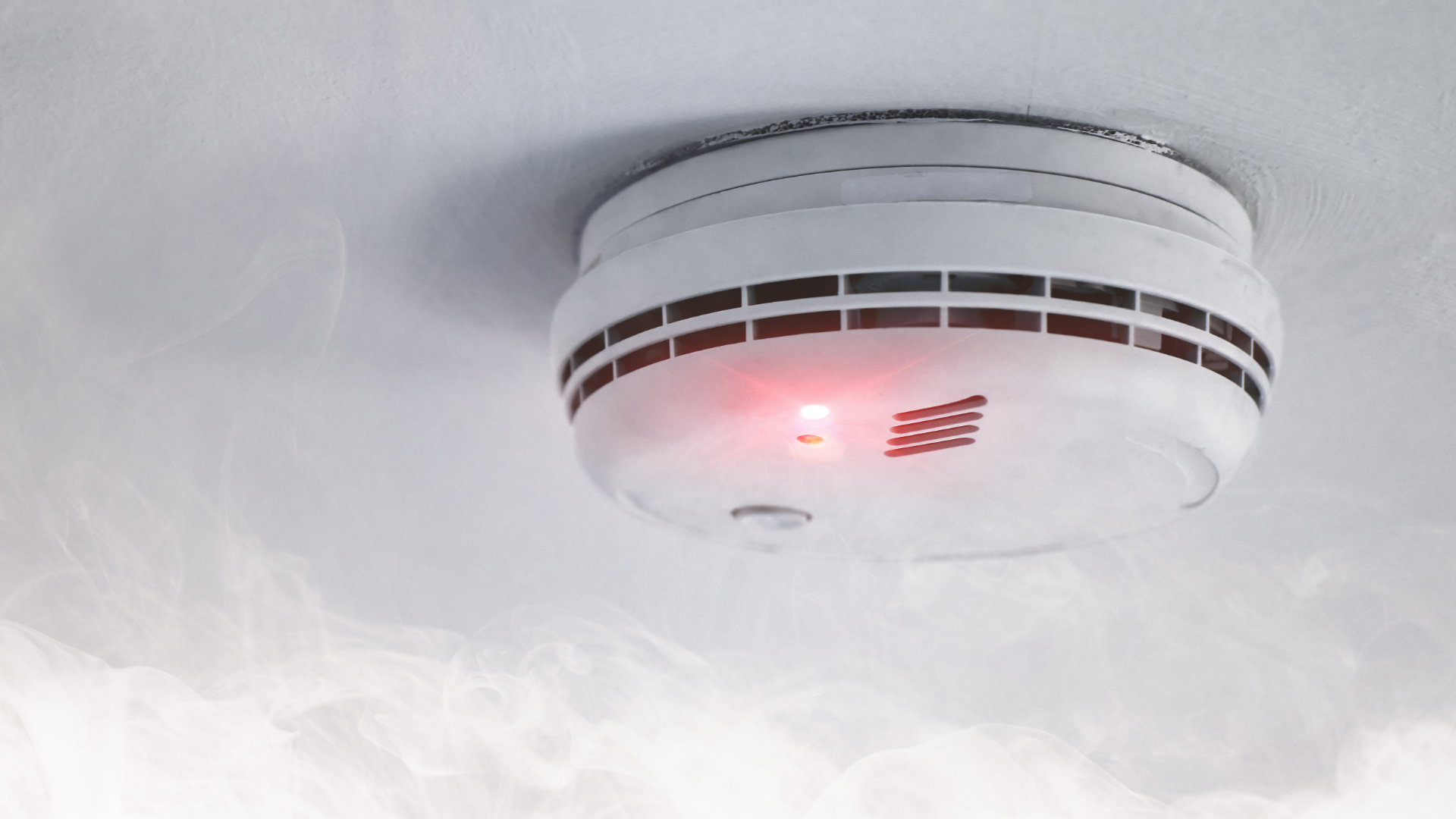Blog
Fire Prevention Week

Fire Prevention Week is from October 6 to October 12, 2024. This year’s theme highlights the role smoke alarms play in keeping our homes and workplaces safe: “Smoke alarms: Make them work for you!” It’s a timely reminder that simple, proactive steps can significantly reduce the devastating effects of fires.
What is Fire Prevention Week?
Established by the National Fire Protection Association (NFPA) in 1922, FPW commemorates the Great Chicago Fire of 1871, which tragically claimed over 250 lives, left more than 100,000 people homeless, and destroyed 17,400 structures across 2,000 acres. In 1925, President Calvin Coolidge made FPW a national observance, now the longest-running public health observance in the U.S.
The goal? Educate everyone; children, adults, and educators on how to stay safe during a fire, while firefighters work to reduce fire-related injuries and deaths through public education.
Let’s Dive Into This Year’s Theme: “Smoke Alarms: Make Them Work for You!”
Why focus on smoke alarms? A significant issue is that many individuals believe they have smoke alarms when, in reality, they may not be functioning properly. Understanding the various types of smoke alarms and ensuring their correct installation is essential for effective fire safety.
Types of Smoke Alarms:
- Battery-operated
- Hardwired
- Hardwired with battery backup
- 10-year sealed units
- Combo smoke and carbon monoxide alarms
- Multi-sensor alarms
- Smart wireless options (Nest, app-integrated systems)
Smoke Alarm Tips
- Choose the Right Alarm: Whether battery-operated, hardwired, or combo alarms (with CO2 detection), it’s important to select the type that best fits your needs.
- Proper Placement: Install smoke alarms on every level and in every room of your home or workplace.
- Zoning in Larger Facilities: For large buildings, divide the space into zones with interconnected alarms to improve alerting and quickly locate fires.
- Smart Integration: Consider alarms that connect to smart home systems or facility management software, sending real-time alerts to your phone.
2. Testing
- Test Monthly: Incorporate monthly testing of smoke alarms into regular safety inspections to ensure they work properly and meet compliance standards.
- Keep Them Clean: Follow the manufacturer’s cleaning instructions to prevent dust and debris.
3. Replacement
- Battery Replacement: Replace the batteries at least twice a year, even if the alarm isn’t beeping.
- Unit Replacement: Smoke alarms should be replaced every 10 years, or sooner if they fail testing. Upgrading to newer models with advanced features can improve fire safety.
Additional Tips
- Fire Escape Plans: Develop and practice fire escape routes regularly. Ensure everyone knows multiple ways out of the building and schedule fire drills.
- Fire Blankets: Keep fire blankets handy! They’re affordable and useful for handling small fires.
- Fire Safety Audits: Conduct regular audits to assess escape routes, fire extinguisher placements, and overall safety measures.
- Equipment Maintenance: Ensure routine maintenance for fire extinguishers, sprinkler systems, and alarms. Keep detailed records to meet safety regulations.
- Staff Training: Provide fire safety training, teaching employees how to use extinguishers, understand alarms, and follow emergency evacuation procedures.
- Flammable Materials: Implement strict controls on flammable materials. Ensure they’re labeled and stored safely to reduce fire risks.
- Fire Safety Committee: Create a fire safety committee to oversee protocols, lead drills, and address questions from employees.
Celebrate Fire Prevention Week!
Take this opportunity to review your fire safety measures! Test your smoke alarms, update your escape plans, and share these fire prevention tips with your team. By being proactive, we create safer environments for everyone.
For more resources, visit the NFPA website and make Fire Prevention Week a success in your workplace and community. Stay safe, stay prepared!